By clicking “Accept All Cookies”, you agree to the storing of cookies on your device to enhance site navigation, analyze site usage, and assist in our marketing efforts. View our Privacy Policy for more information.
Adventures In Being a Female Masters Athlete
A female masters athlete shares her unexpected journey through perimenopause, highlighting how hormonal changes impacted her training and well-being, and offers key insights on nutrition, training, and medical support specifically tailored for female athletes in this life stage.
By
July 2, 2025
(1).jpg)
I thought I had being a masters athlete pretty sorted out. After the life-altering and body-changing experiences of pregnancy and the baby/toddler phases, I was training consistently. I was getting good results in comps and seeing my training continue to improve. Kids were now all in school, job was stable, family was great, life was good.
Why My Balanced Life Suddenly Felt Out of Control
Then at 43, I felt like I was slipping. Constantly exhausted, but can’t sleep well, even though the kids are now sleeping through. Brain fog, making me forgetful to the point of having a hard time finishing sentences. Being unexpectedly emotional. Showing up at the gym as normal, but feeling like my fire was missing and not being able to push myself. Why did I feel like I was losing control when I had been feeling like my life was finally balanced?
Perimenopause
It just so happened that I was also learning about training, nutrition and recovery specifically for female athletes – including female athletes in perimenopause and post menopause. Over half a year went by until it finally hit me – this is perimenopause! Just when things got stable, another life and body change? Surely I was too young?
Perimenopause can start 7 years prior to menopause (when periods actually stop), so no I was not too young, and after speaking to a menopause doctor everything fell into place. Perimenopause is when the ovaries can’t produce as much estrogen as they used to. It comes in fits and spurts like a car engine running out of petrol, instead of the more predictable monthly ups and downs. Estrogen regulates or influences almost every function in the female body – reproductive and endocrine, yes, but also cardiovascular, sleep, brain function, muscle mass, skeletal and nervous systems, metabolism, skin… so when my body wasn’t getting the estrogen it was used to, systems went haywire – and that’s why I felt like I was losing control.
Estrogen, Progesterone and Testosterone
What’s best for any woman going through this depends on her individually, but for me it was menopause hormone replacement therapy. Estrogen to get the systems back online. Progesterone for uterine health and to get the parasympathetic nervous system and sleep back to normal. Testosterone to avoid losing muscle mass. Lots of research and reading on this, yet another life change that women go through but one that is rarely talked about.
Luckily that’s slowly changing and one of the reasons I wanted to write about it here. There are also some great sources now, only very recently, in a space where for decades research and advice focused on men only with the majority of scientific studies done on males and sized down for women’s smaller body sizes.
What can help Perimenopause
Here are some of the key things I’ve learned that I think every female masters athlete, and every man supporting her, should know:
You probably need more calories, not less. Most women under fuel for general life, much less performance/recovery as an athlete. Cutting calories can just increase your fatigue, mess with your metabolic health and not achieve useful body composition changes.
You need more protein. Newer research shows that women should be having 1.6-2.2g per kg body weight, per day. More, if you’re in peri / post menopause: 2.2-2.4g/kg. This is because as estrogen decreases the ability to metabolize protein effectively also goes down – so your intake needs to increase.
Training with Perimenopause
Focus on strength training. Its beneficial effects on the whole musculoskeletal, nervous and cardiovascular systems will keep you mobile, capable, and independent. And strength training is what will get you those body composition changes! Luckily at CFFG, you are in the perfect place for this.
Don’t train fasted. If you have no available calories to pull from in training, women’s metabolism slows and cortisol increases. Even half a banana will do, but get something in to signal to your system that we are ready to train. Creatine does wonders for muscle recovery, even more so as we age – and there is decades of research that backs this up.
Medical Help for Perimenopause
Find a medical care provider that really understands women’s health, especially menopause. This is not something that non-specialists know much about, but affects half the population. You need someone who will listen to your symptoms, provide you with the latest information and advice, and empower you to make the best choices for you.
Resources for Perimenopause and Post Menopause
Here are some great places to start for more information on training, nutrition and recovery for female athletes in perimenopause and post menopause:
.jpg)

.jpg)
.jpg)
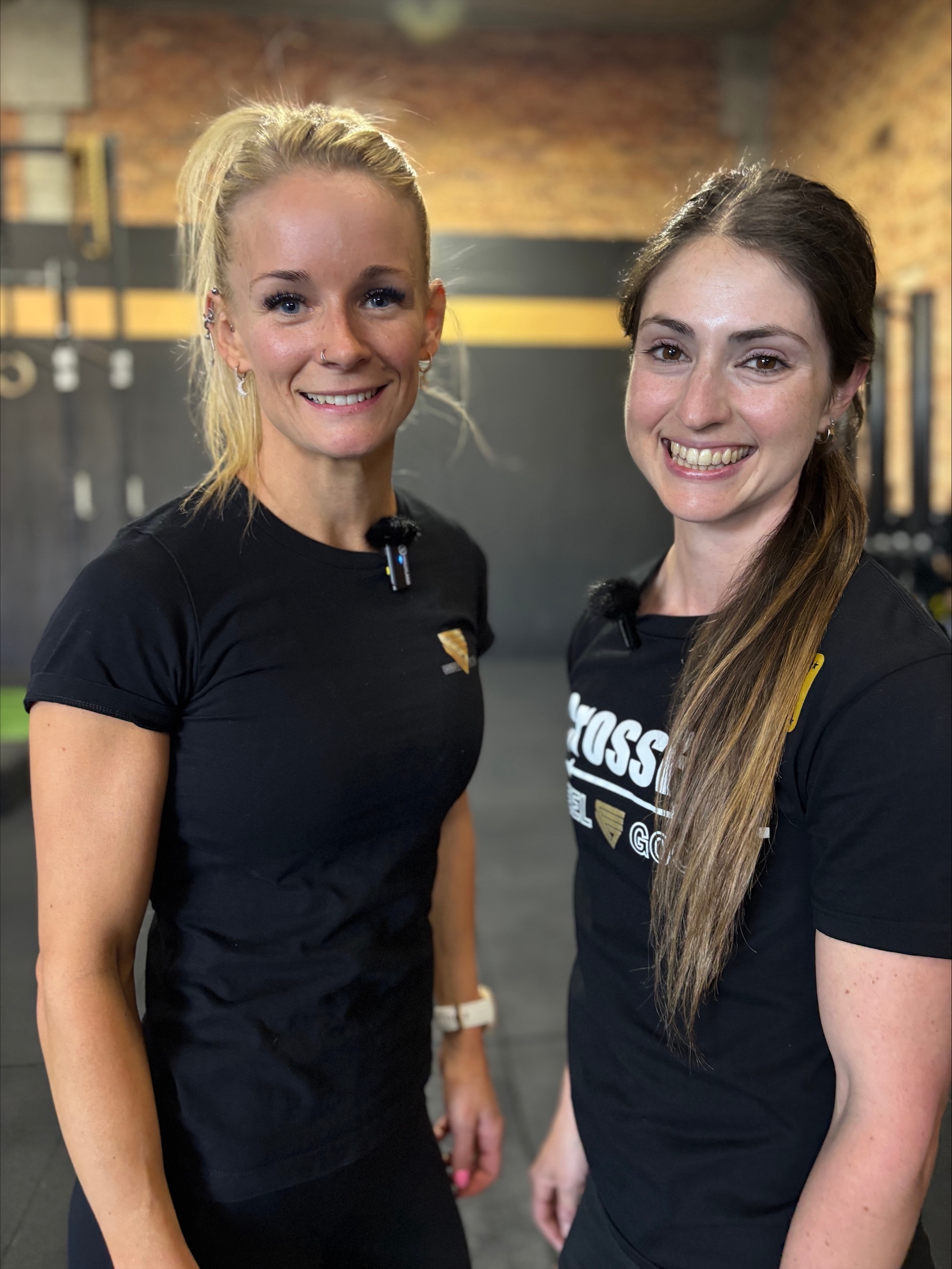
.jpg)
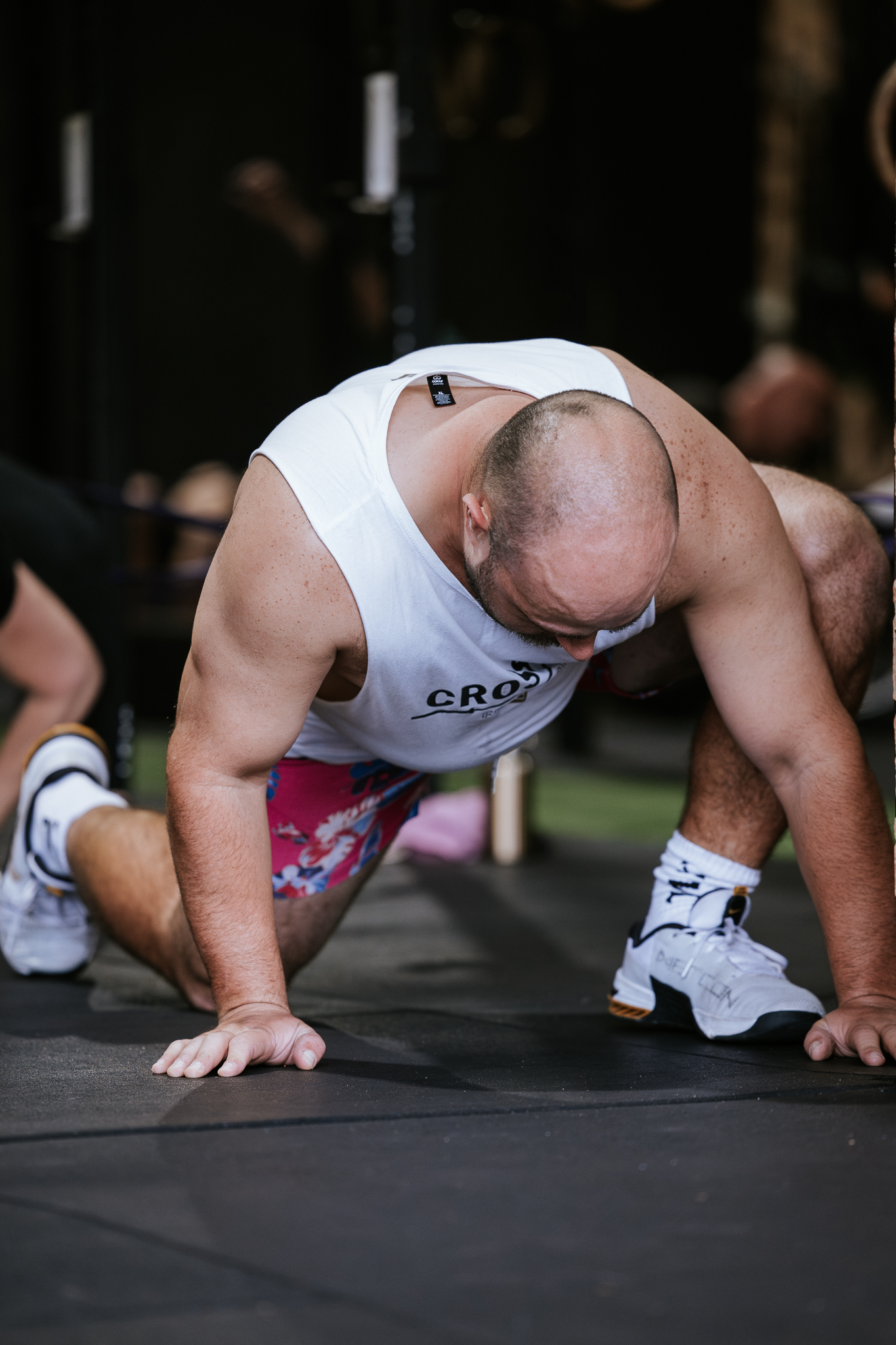
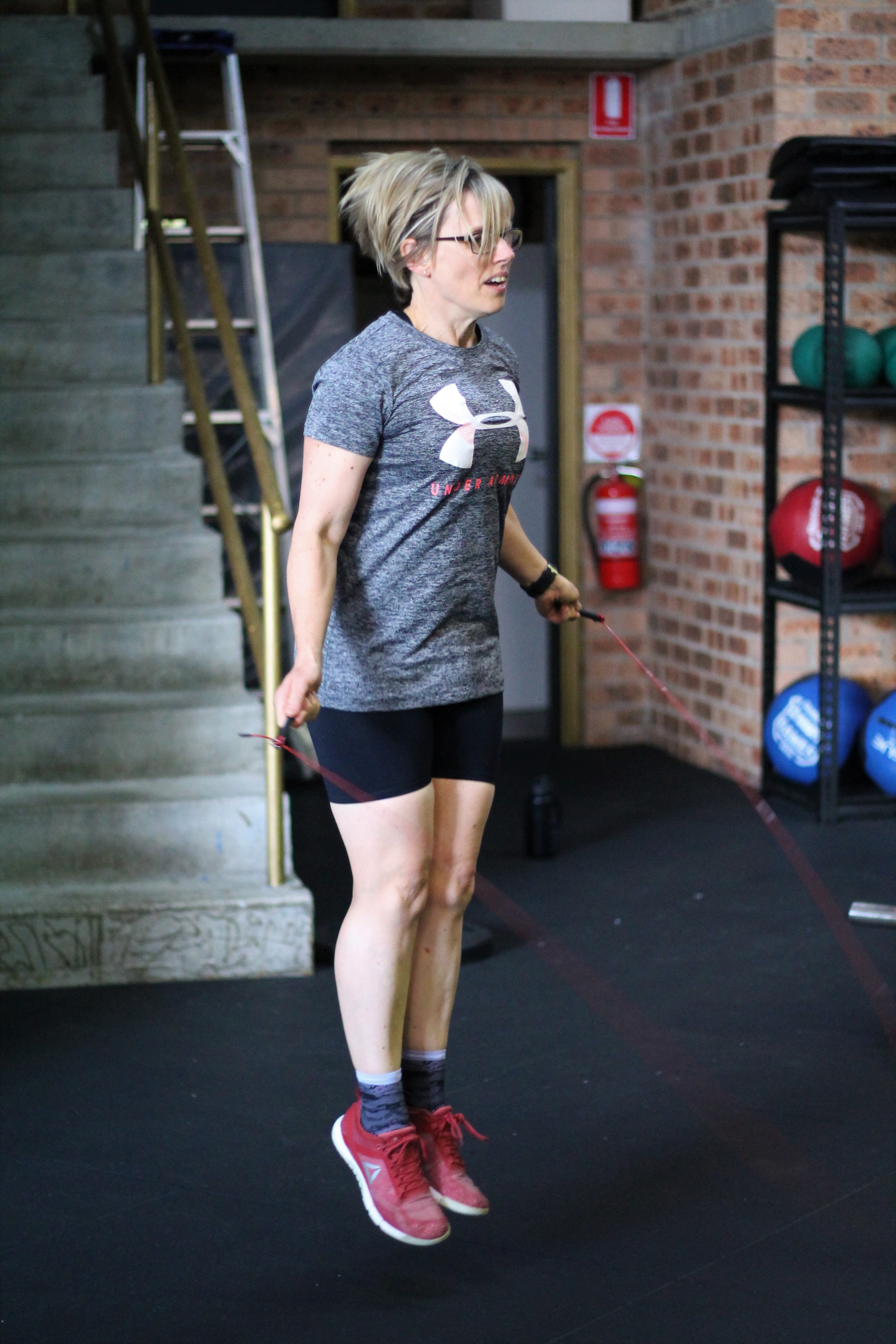
.png)
.png)
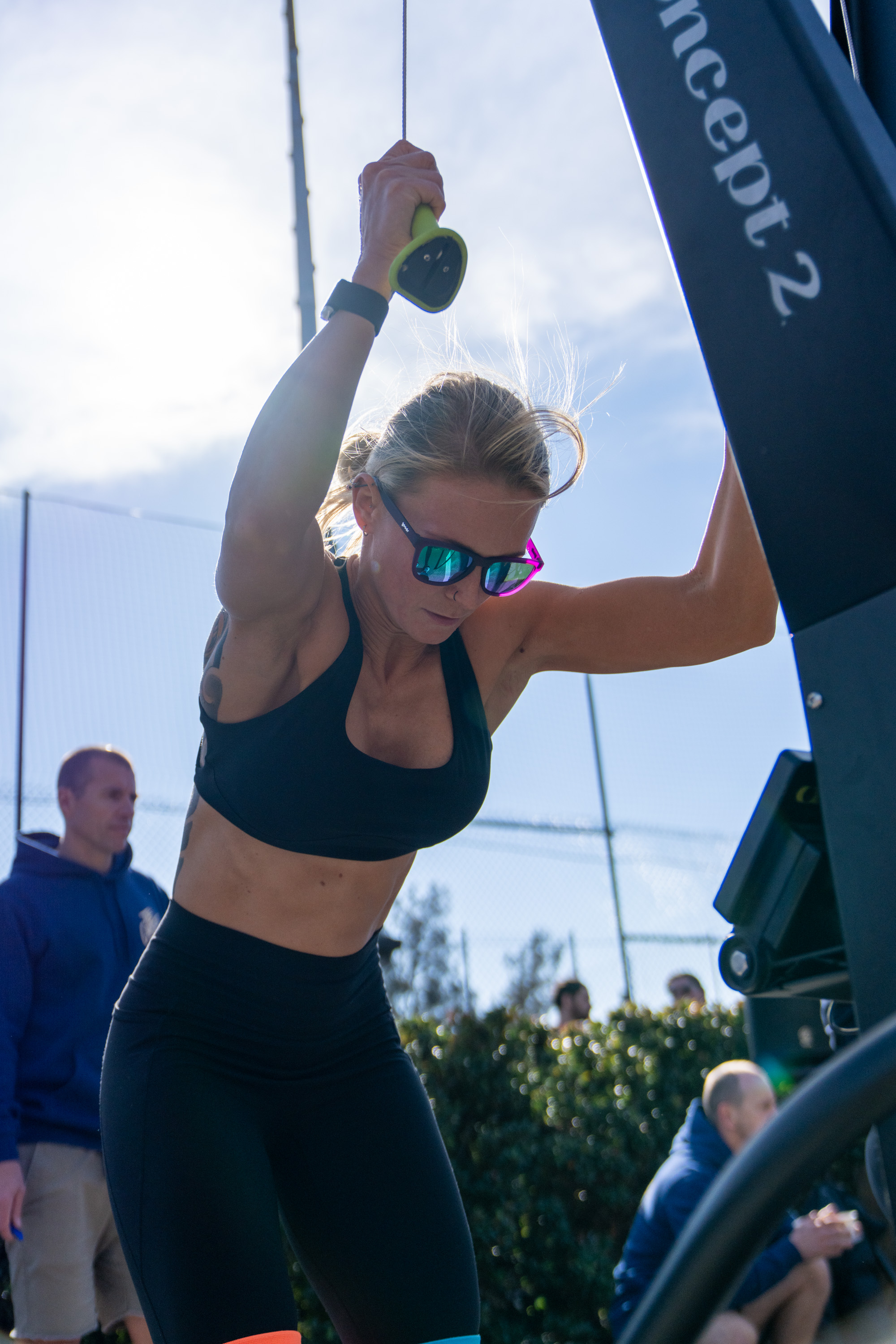
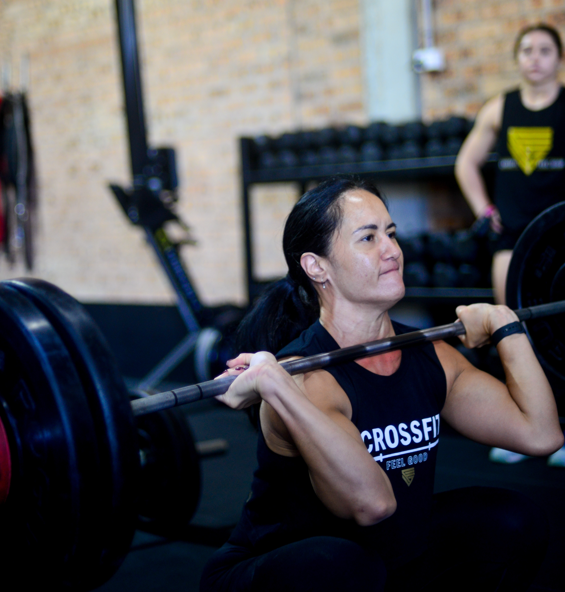
(1)(1)(1).jpg)
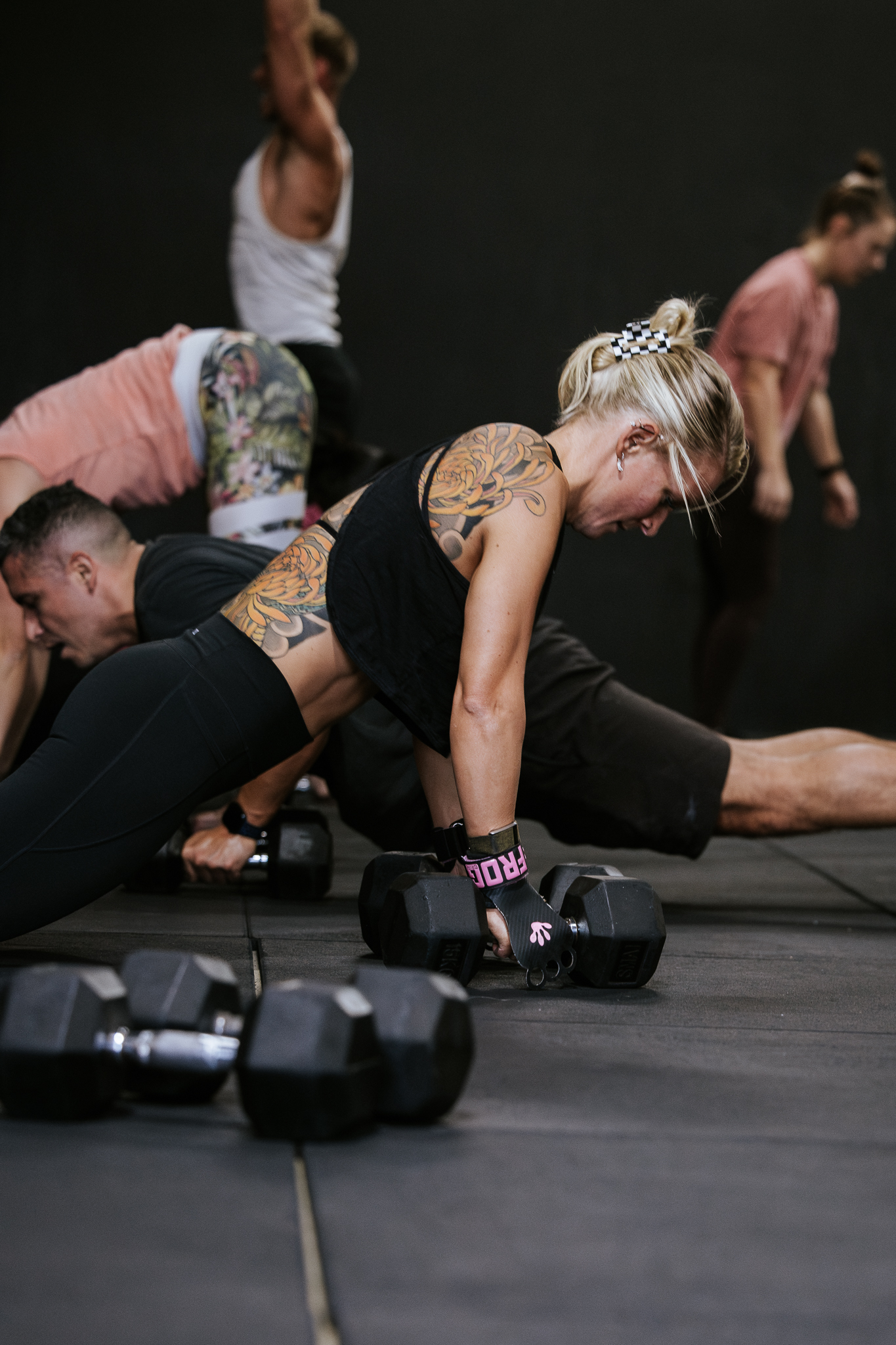

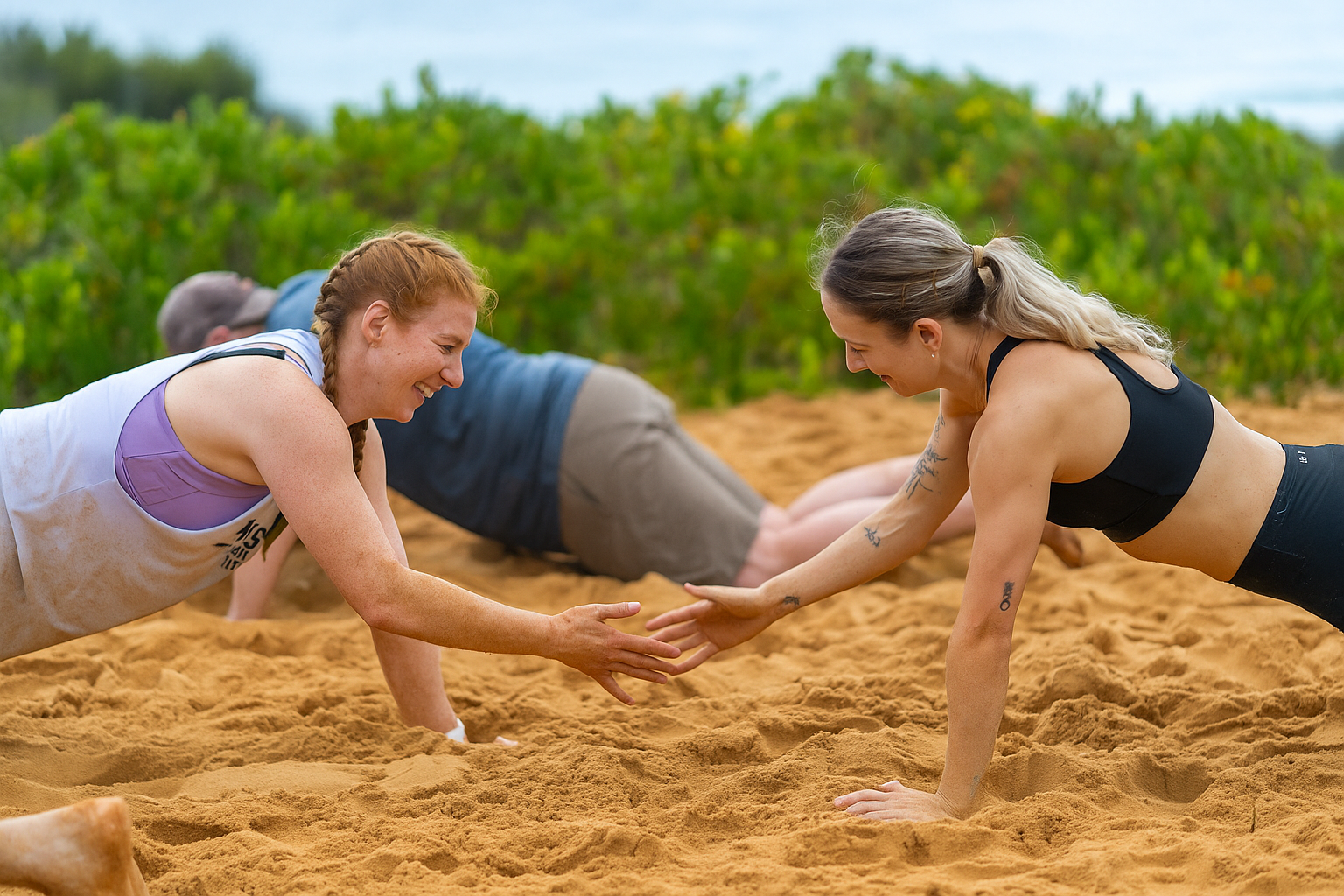
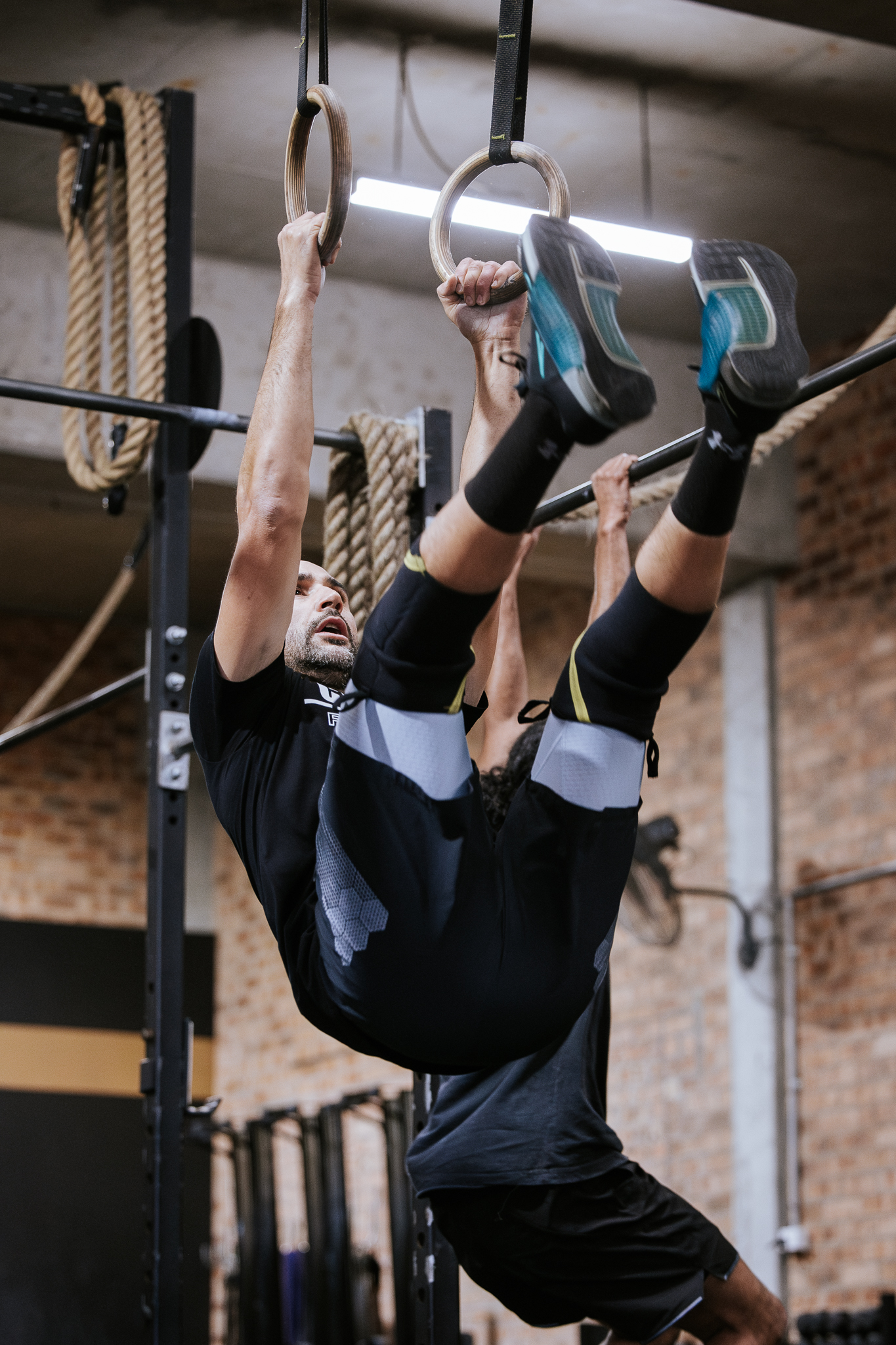
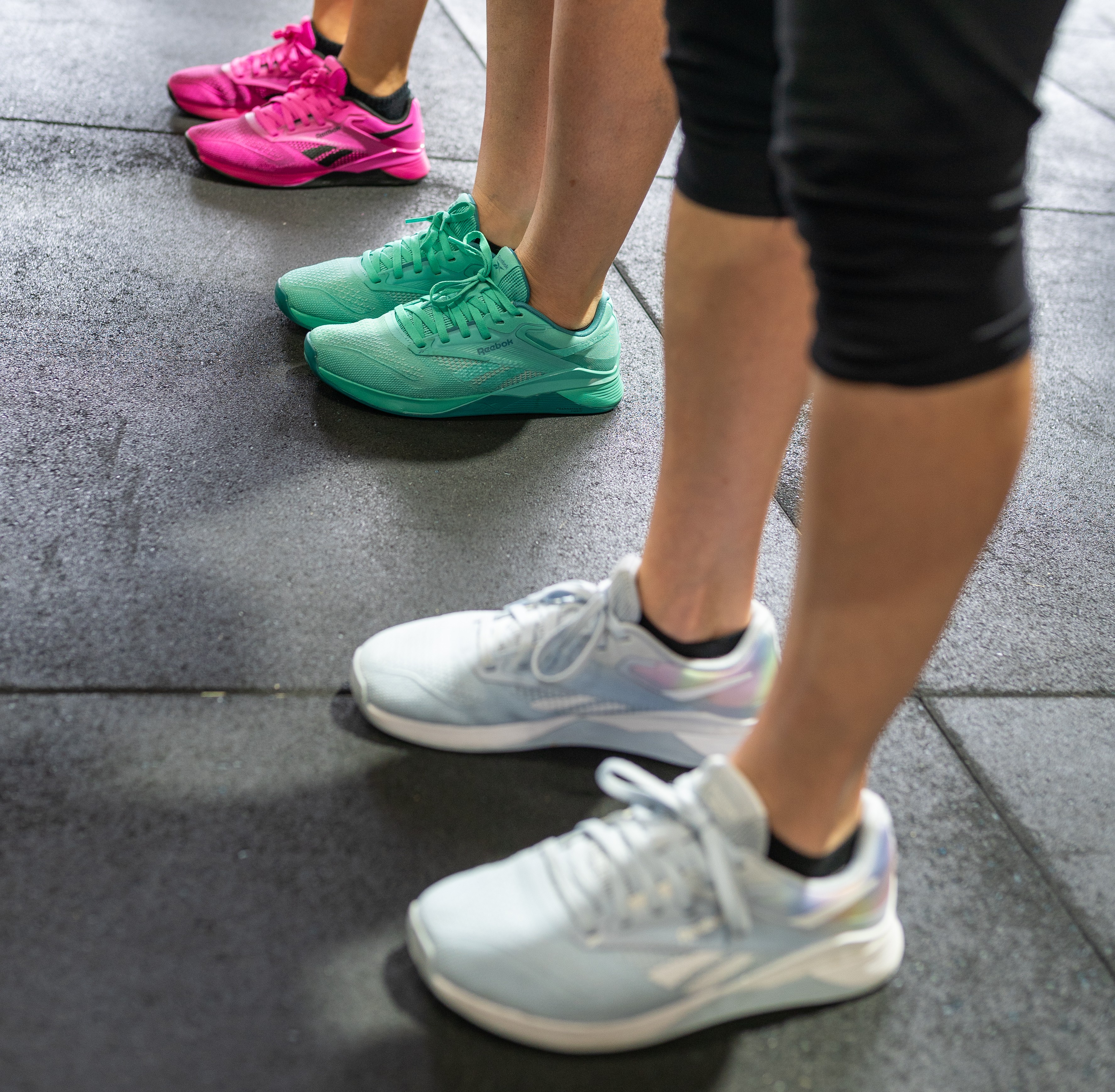
.jpg)
.jpg)
.png)
.jpg)